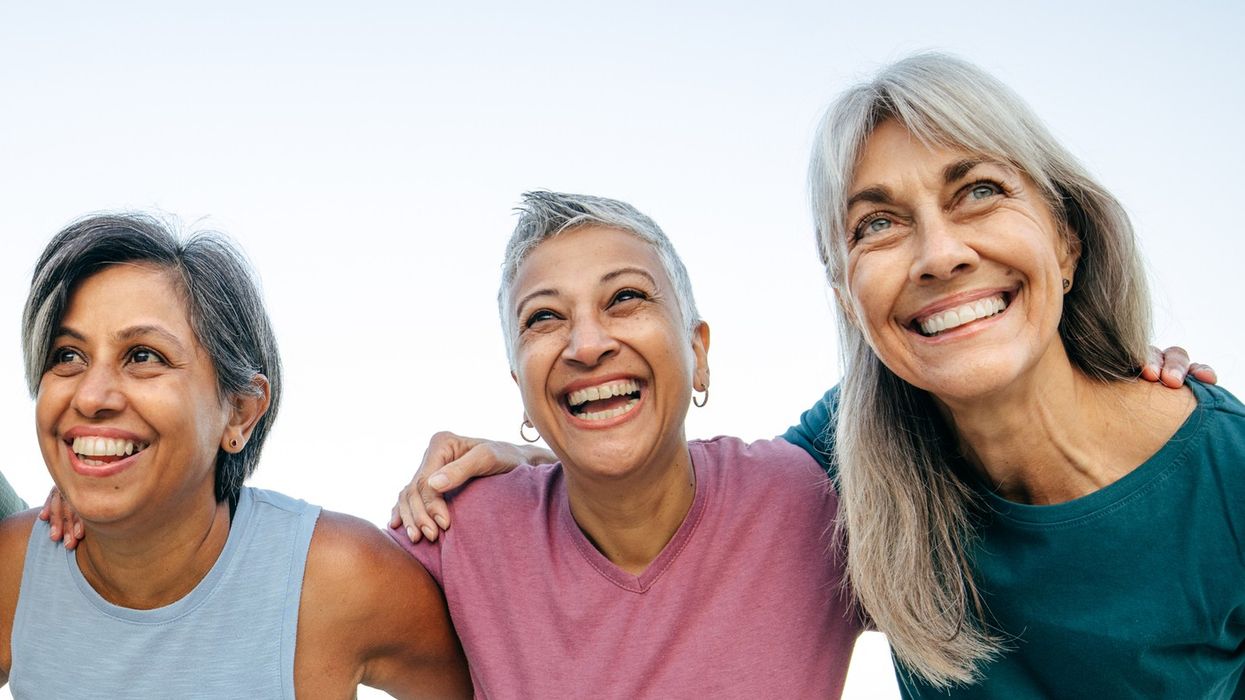We often talk about diabetes and menopause as two separate issues. But for many South Asian women in midlife, they collide quietly, invisibly, and with lasting impact.
As we mark Diabetes Awareness Week (10–16 June), it’s time to shine a light on this hidden overlap - and how it disproportionately affects women in our community.
At The Sattva Collective CIC, I work with South Asian women who are often battling low energy, mood changes, increased abdominal fat, and disrupted sleep. These aren’t just symptoms of a busy life - they’re red flags. Often, they’re signs of both perimenopause and early-stage Type 2 diabetes. And unless we start having this conversation more openly, too many women will fall through the cracks.
Why is this happening?
During menopause, oestrogen levels decline. This has a knock-on effect on metabolism, insulin sensitivity, and fat storage - all key players in diabetes risk. Meanwhile, cultural expectations of South Asian women - to keep giving, keep cooking, keep showing up - don’t leave much space for self-care or rest.
Add to this our traditional diets, which often lean heavily on carbs and fried foods, and it’s no surprise that South Asian women are particularly vulnerable.
But many don’t seek help until their health is seriously compromised. Why? Because in our culture, suffering quietly is often seen as strength.
We need to redefine what strength looks like.
True strength is recognising when your body is whispering for help - and responding before it starts screaming.
It’s choosing yourself, even when the world expects you to choose everyone else first.
It’s booking that health check. Asking the difficult questions. Saying no. Resting. Eating for nourishment, not just tradition. And surrounding yourself with women who are also reclaiming their health and their voice.
The South Asian Midlife Reality
Midlife for many of us is a crossroads. Culturally, we’ve been taught to keep going - no matter the cost. But the cost is becoming too high. Type 2 diabetes is preventable. And menopause is manageable. But only if we’re willing to challenge the silence and prioritise our wellbeing.
What you can do today
Don’t ignore symptoms. Tiredness, cravings, or foggy thinking could be more than hormones or stress.
Get screened. Especially if diabetes runs in your family or if you had gestational diabetes.
Eat mindfully. Incorporate fibre-rich vegetables, lentils, and whole grains while reducing sugary and processed foods.
Rebuild rituals. Turn meals, movement and rest into acts of self-respect, not duty.
Join a community. Being with others who understand your journey can be deeply healing.
As South Asian women, we deserve to thrive, not just survive. Let Diabetes Awareness Week be the turning point where we begin to see our health, our hormones, and our future through a lens of compassion and care.
(Kiran Singh is a lifestyle coach and menopause wellness coach. For more information about her work, you can visit kiransinghuk.com)




